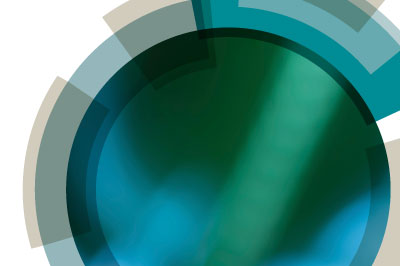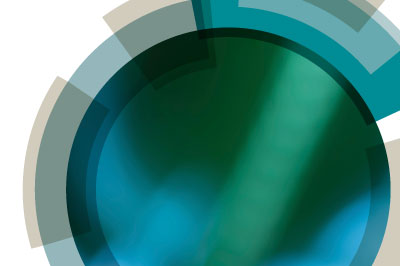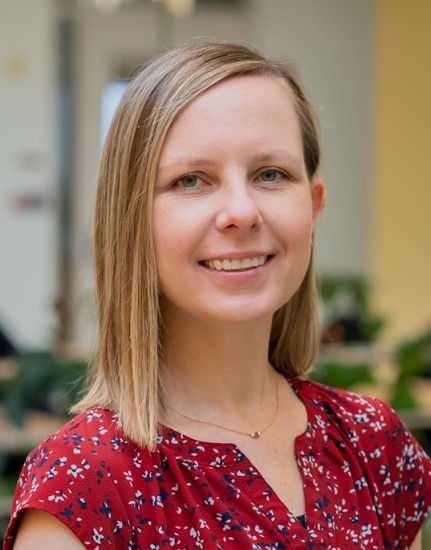 Veronica Augustyn, North Carolina State University, United States
Veronica Augustyn, North Carolina State University, United States
Veronica Augustyn is the Jake and Jennifer Hooks Distinguished Scholar in Materials Science and Engineering and Associate Professor in the Department of Materials Science and Engineering at North Carolina State University. Her research focuses on the electrochemistry of materials for energy and environmental applications, including interfacial reactivity, ion-insertion coupled electron transfer mechanisms, and confinement phenomena. She is also the founder and faculty advisor of an award-winning international project, SciBridge, which develops renewable energy research and education collaborations between universities in Africa and the U.S.
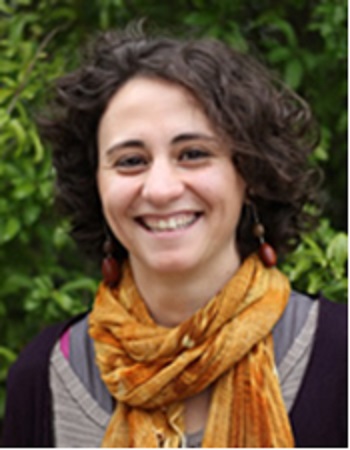 Francesca Brunetti, University of Rome Tor Vergata, Italy
Francesca Brunetti, University of Rome Tor Vergata, Italy
Prof. Francesca Brunetti, FRSC, received her PhD in Telecommunications and Microelectronics from the University of Rome Tor Vergata in 2005. In 2005, she was awarded of a Marie Curie Individual Fellowship spent in the Institute for Nanoelectronics of the Technical University of Munich, Germany. In 2006 she became researcher in the Department of Electronic Engineering of the University of Rome Tor Vergata, and since 2018, she is associated professor at the same Department.
Cofounder of the Centre for Hybrid and Organic Solar Energy at the University of Rome Tor Vergata (CHOSE, www.chose.it) her current research is focused on the analysis, design and manufacture of electronic and optoelectronic devices through the use of organic and perovskites semiconductors realized on rigid and flexible substrates. In particular, she is working third-generation organic solar cells on flexible substrates, flexible perovskite solar cells and large area modules. Recently, she started an activity on the realization of supercapacitors on flexible and recyclable substrates, among which paper and their integration with photovoltaic devices (photocopacitors). Coordinator of several national and international projects, she is fellow of the Royal Society of Chemistry and Associated Editor of “Sustainable Energy and Fuels” a Royal Society of Chemistry Journal focused on renewables. She is the current director of CHOSE.
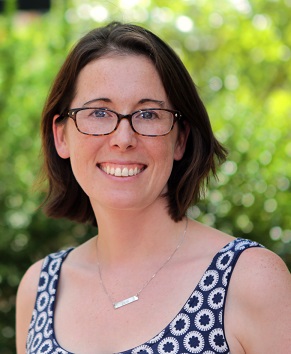 Jillian L. Dempsey, University of North Carolina at Chapel Hill, United States
Jillian L. Dempsey, University of North Carolina at Chapel Hill, United States
Jillian L. Dempsey is a professor at the University of North Carolina at Chapel Hill, and currently holds the Bowman and Gordon Gray Distinguished Term Professorship. She is the Deputy Director of the Center for Hybrid Approaches in Solar Energy to Liquid Fuels (CHASE). Her research group explores charge transfer processes associated with solar fuel production, including proton-coupled electron transfer reactions and electron transfer across interfaces. Her research bridges molecular and materials chemistry and relies heavily on methods of physical inorganic chemistry, including transient absorption spectroscopy and electrochemistry. She also dedicates time to advancing electrochemistry education for all chemists.
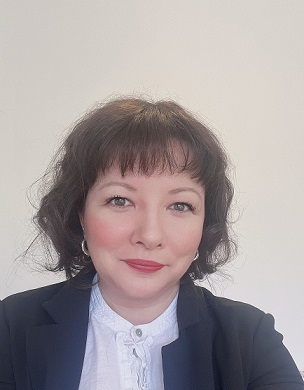 Marina Freitag, Newcastle University, United Kingdom
Marina Freitag, Newcastle University, United Kingdom
Prof. Marina Freitag, a Royal Society University Research Fellow and Professor of Energy at Newcastle University, is a pioneering researcher in sustainable energy materials. Her innovative approach combines chemistry, engineering, and artificial intelligence to develop highly efficient and robust photovoltaic technologies. With her invention of the "zombie" solar cell and her ground-breaking work on self-powered IoT devices, Prof. Freitag is driving the transition towards a sustainable and intelligent energy future. Her contributions to the field have been recognized with prestigious awards, including the Göran Gustafsson Young Researcher Award and the Royal Society of Chemistry Harrison-Meldola Memorial Prize.
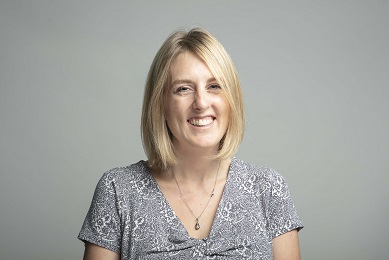 Elizabeth Gibson, Newcastle University, United Kingdom
Elizabeth Gibson, Newcastle University, United Kingdom
Libby is a Professor of Energy Materials at Newcastle University. Research in her group focuses on developing materials and devices for sustainable power, fuel and feedstocks. This involves materials development, device assembly and characterization of the underpinning photophysics and electrochemistry. Her current roles include being the academic lead for the Northern Net Zero Accelerator PB-IAA, the EPSRC Northeast Transient Absorption Spectroscopy & Microscopy Facility, Institution Director of the EPSRC CDT Renewable Energy at Northeast Universities (ReNU), and she is the engagement lead for the UKRI Interdisciplinary Centre for Circular Chemical Economy.
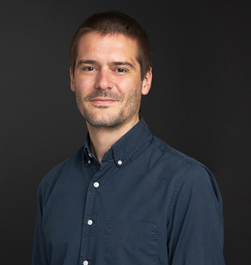 Alexis Grimaud , Boston College, United States
Alexis Grimaud , Boston College, United States
Dr. Alexis Grimaud received his PhD from the University of Bordeaux in 2011 and is currently an associate professor in the chemistry department at Boston College. Prior to that position, he served as CNRS Researcher from 2014 to 2022 at the Collège de France, Paris, France. Dr. His research efforts focus on understanding complex interfacial processes at the heart of electrochemical systems, including water electrolyzers and Li-ion batteries, for which he is developing and studying novel liquid electrolytes with tailored reactivity that he is using to allow intercalation into novel classes of materials. Dr. Grimaud’s achievements were recognized by the French Young Researcher award as well as the Young Researcher award from the Energy Division of the French Chemical Society.
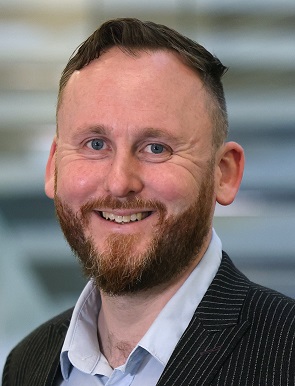 Laurence Hardwick, University of Liverpool, United Kingdom
Laurence Hardwick, University of Liverpool, United Kingdom
Professor Laurence Hardwick is the Director of the Stephenson Institute of Renewable Energy within the Department of Chemistry at the University of Liverpool, UK. Since 2011 he has led a group of 12-15 researchers that have focused on understanding real-time interface processes in batteries and electrochemical capacitors, a crucial step in improving energy materials to meet net-zero targets. His work has focused on developing cutting-edge technologies such advanced operando Raman and infrared spectroscopic techniques that can probe the functionality of electrode interfaces at the nanoscale. He presently targets integration of automation into electrochemical methods for accelerating interface design and characterisation.
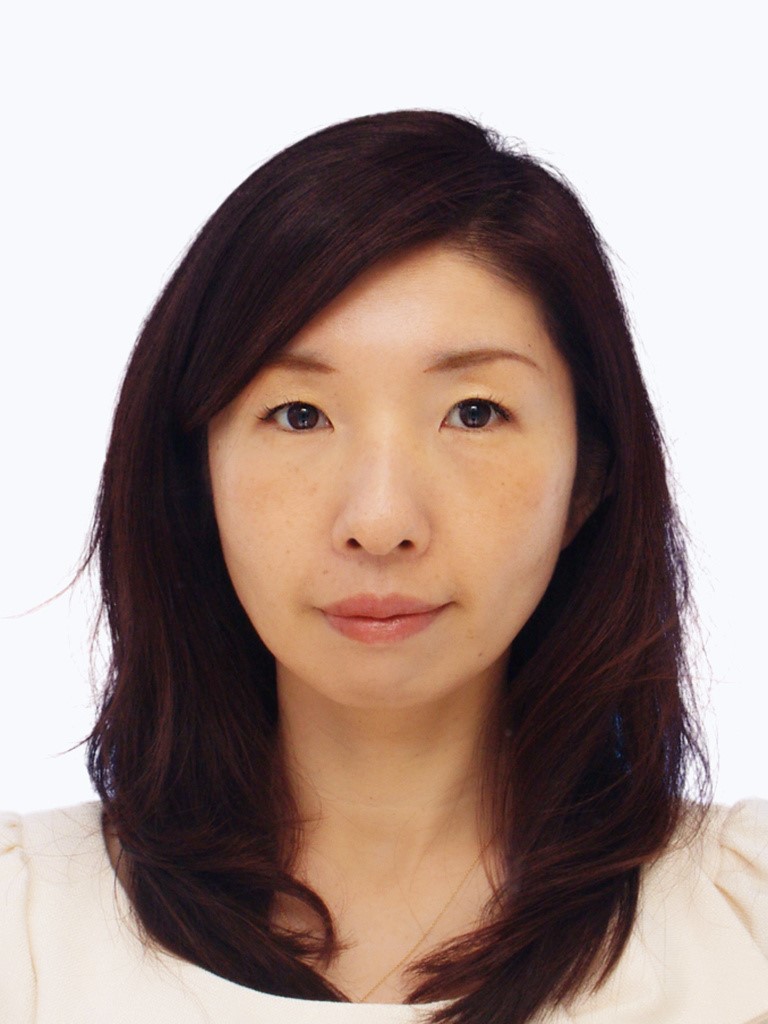 Akari Hayashi, Kyushu University, Japan
Akari Hayashi, Kyushu University, Japan
Akari Hayashi received her PhD in Chemistry from University of California, Davis, the USA. After she received her PhD, she worked at the industry and national laboratory. She started her academic career as an associate professor at Nagoya Institute of Technology, and joined Kyushu University as an associate professor in 2011. She is now a professor of Kyushu University Platform of Inter-/Transdisciplinary Energy (Q-PIT). She also belongs to Department of hydrogen energy systems. Her research focuses on hydrogen energy through producing, storing, and using hydrogen. She has started fuel cell research since 2006. She is also working on combining renewable energy and hydrogen energy.
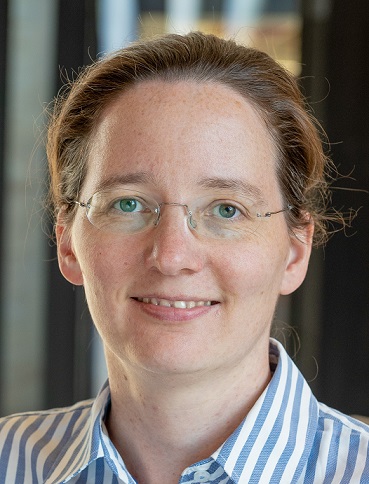 Laura Herz, University of Oxford, United Kingdom
Laura Herz, University of Oxford, United Kingdom
Laura Herz is a Professor of Physics at the University of Oxford and an EPSRC Open Fellow. She received her PhD in Physics from the University of Cambridge in 2002 and was a Research Fellow at St John's College Cambridge from 2001 - 2003. Her current research interests lie in the area of organic, inorganic and hybrid semiconductors, with a strong current focus on advanced materials for solar energy conversion. Her work has been recognized by several awards, including the Environment, Sustainability and Energy Division Mid-Career Award of the Royal Society of Chemistry, the Nevill Mott Medal and Prize from the Institute of Physics and the Friedrich-Wilhelm-Bessel Award from the Alexander von Humboldt Foundation. She has been listed by Clarivate Analytics as a Highly Cited Researcher since 2018. Laura is a Fellow of the Royal Society, the Royal Society of Chemistry, the Materials Research Society, and the Institute of Physics.
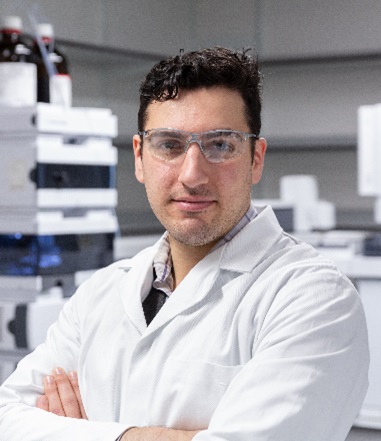 Andreas Kafizas, Imperial College London, United Kingdom
Andreas Kafizas, Imperial College London, United Kingdom
Dr. Andreas Kafizas is a Senior Lecturer in the Department of Chemistry at Imperial College London (ICL). His research is focused on developing sustainable synthetic routes to photocatalytic coatings for a range of practical applications, including renewable fuels production (e.g. hydrogen fuel from water and carbon-based fuels from carbon dioxide), air remediation (e.g. nitrogen oxides removal) and water remediation (e.g. arsenic removal). To date, Andreas has published over 100 peer-reviewed papers and has written 6 book chapters (>7,100 citations, h-index = 52).
Andreas completed his MSci in Chemistry in 2007, and PhD in Chemistry in 2011 at University College London. His PhD was focussed on the development of photocatalytic materials synthesised by chemical vapour deposition, and he was awarded the Ramsay Medal for best graduating doctor. In 2012, he was awarded the Ramsay Fellowship, where studied the charge carrier behaviour of photocatalytic materials for solar fuels at ICL. In 2016, he was awarded a Junior Research Fellowship at ICL to develop heterojunction photoelectrodes for solar water splitting. In 2018, he was awarded a Lectureship at ICL, and now leads the Solar Coatings Group (https://www.imperial.ac.uk/solar-coatings-lab/about-us/), is the theme lead in Sustainable Power and Renewable Fuels at the Energy Futures Lab, and is a board member at the London Centre for Nanotechnology.
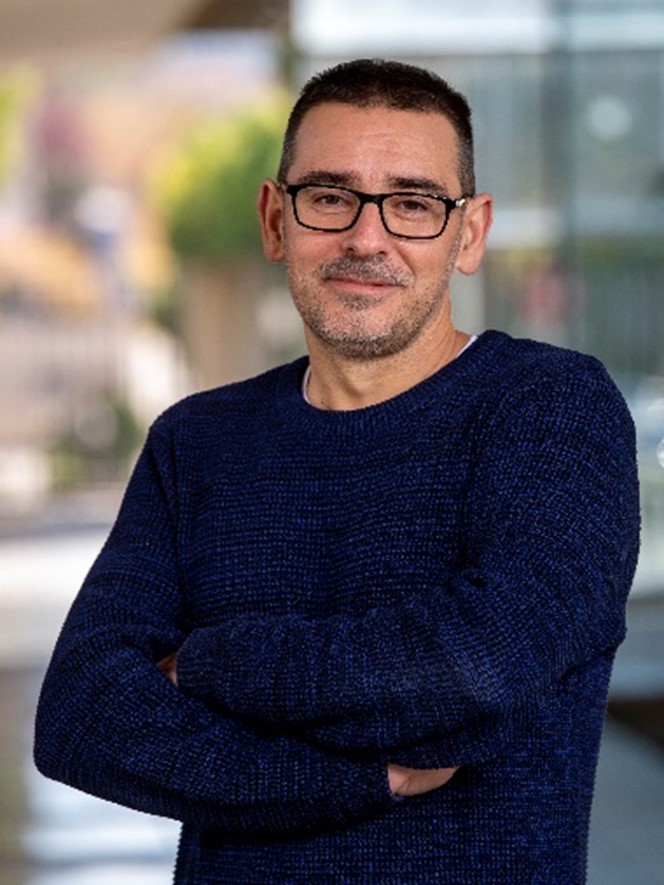 Emilio Palomares, Institut Català d'Investigació Química (ICIQ-CERCA), Spain
Emilio Palomares, Institut Català d'Investigació Química (ICIQ-CERCA), Spain
Emilio Palomares, born in Valencia in 1974, earned his Biology degree from UVEG in 1997, followed by a PhD at UPV/ITQ-CSIC in 2001. He received a Marie Slowdowska-Curie Fellowship at ICL, London, in 2001, delving into molecular devices for energy conversion. Joining ICMol-UVEG in 2004, he later moved to ICIQ-CERCA in 2006. Notable accolades include an ERC starting grant (2009), ERC PoC (2015), and ICREA Professorship (2009). Palomares received the Young Chemist Award (2006), INNOVA 2010 Award, and the E2S International Chair (2019). Elected ICIQ Director in 2020, he secured an ERC Advanced Grant in 2023. Palomares has co-authored 280+ peer-reviewed papers, focusing on materials for energy devices. His group specializes in interfacial charge transfer reactions, particularly in solar cells for electrochemical fuel cell applications.
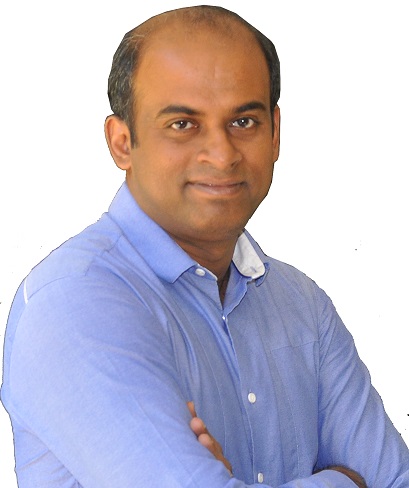 Sebastian C. Peter, Jawaharlal Nehru Centre for Advanced Scientific Research, India
Sebastian C. Peter, Jawaharlal Nehru Centre for Advanced Scientific Research, India
Prof. Sebastian C. Peter received his PhD in chemistry from the University of Münster, Germany (2006) and was post-doctoral fellow at Max Plank Institute for Chemical Physics of Solids, Dresden, Germany (2006-07) and Northwestern University, USA (2007-10). Dr. Peter joined as a faculty at New Chemistry Unit, Jawaharlal Nehru Centre for Advanced Scientific Research, Bangalore in 2010. His broad research interests include the development of solid-state inorganic materials for fuel cell, CO2reduction and hydrogen production. He is the founder and director of the start-up “Breathe Applied Sciences Pvt Ltd” to translate the fundamental works on CO2 utilization. He is featured in the “75 under 50: Scientists Shaping Today's India” by the DST and the convenor of the first ever CoE on CCU in India. He is commissioning first ever CO2 to methanol plant in India. He received the National Technology Award, National Prize and National Start-up Award for his technology transition.
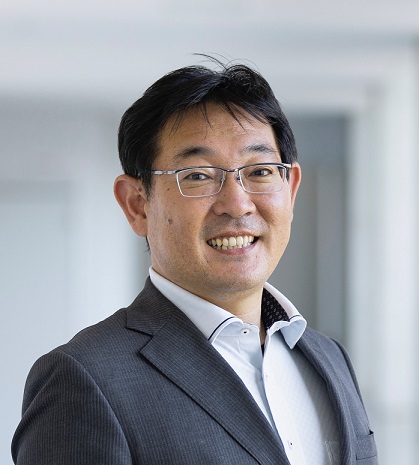 Atsushi Wakamiya, Kyoto University, Japan
Atsushi Wakamiya, Kyoto University, Japan
Atsushi Wakamiya is a full professor of Kyoto University. He received his Ph.D. from Kyoto University in 2003. He began his academic career at Nagoya University as Assistant Professor in 2003. In 2010, he moved to Kyoto University and was promoted to Professor in 2018. He received many awards: The Chemical Society of Japan Award for Creative Work (2020), Commendation for Science and Technology by MEXT Japan: Award for Science and Technology Research Category (2022), etc. He is a project leader of the Green Innovation Program (NEDO) and JST-Mirai Project. He is a co-founder and a director (as Chief Scientific Officer, CSO) of “EneCoat Technologies, Co. Ltd.”, a startup company for perovskite solar modules.
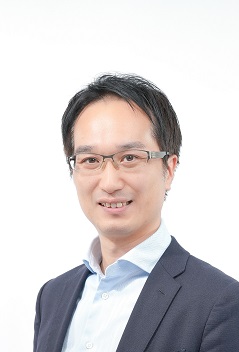 Yuki Yamada, SANKEN, Osaka University, Japan
Yuki Yamada, SANKEN, Osaka University, Japan
Yuki Yamada is currently a full professor at SANKEN, Osaka University in Japan. He majored electrochemistry and received his PhD from Kyoto University in 2010. In the same year, he moved to the University of Tokyo as an assistant professor and was promoted to a lecturer in 2018 and an associate professor in 2020. In 2021, he moved to SANKEN, Osaka University as a full professor. His current research interests focus on the development of liquid electrolyte (concentrated electrolytes, hydrate-melt electrolytes, new solvents, etc.) and its underlying design principles for various electrochemical applications such as batteries and conversion reactions.
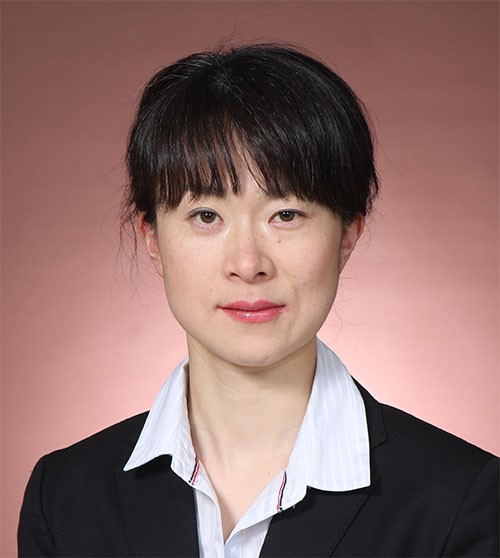 Miho Yamauchi, Kyushu University, Japan
Miho Yamauchi, Kyushu University, Japan
Miho Yamauchi received her Ph. D degree from University of Tsukuba, Japan, and joined Kyushu University as an assistant professor and CRC (ICAT, now) Hokkaido University as an associate professor. She became a PI and a professor at WPI-I2CNER and moved to IMCE at Kyushu University and is currently a cross-appointed professor at Tohoku University. Her research interests include nanomaterials science with respect to hydrogen science, catalysis and efficient energy conversion. Recently, she is a group leader of GteX project for water electrolysis (JST) and a unit leader for CO2 electrolysis for Moonshoot project (NEDO) and is focusing on the construction of CO2 conversion systems using CO2 captured directly from the air.






















